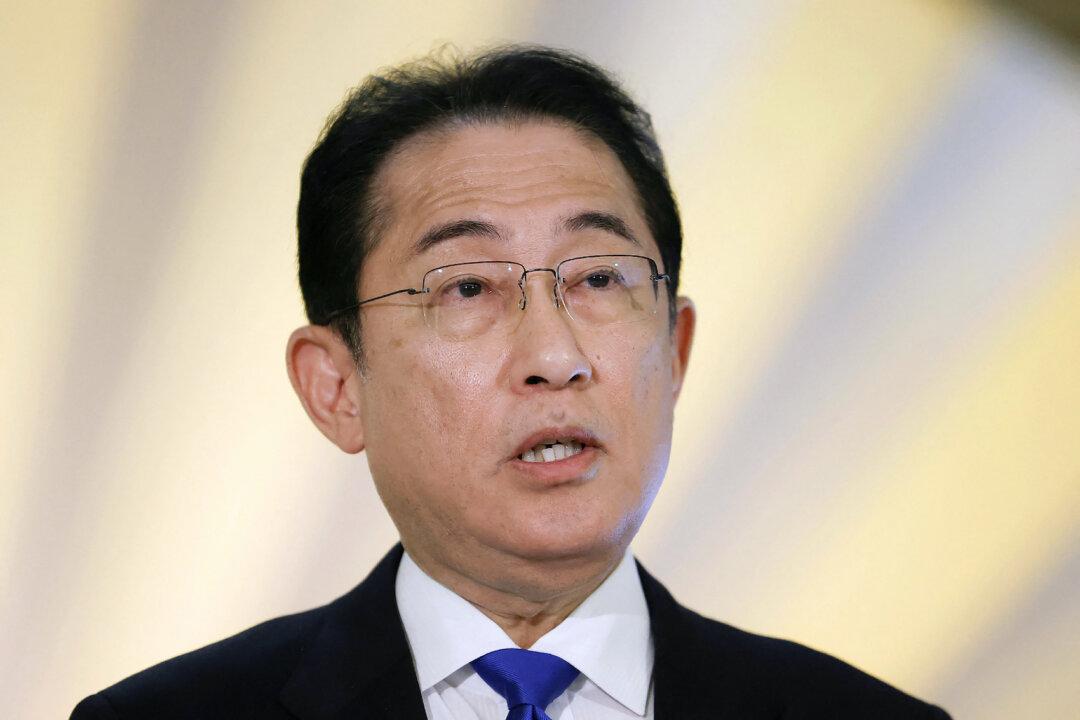Japanese Prime Minister Fumio Kishida will attend the NATO summit in Vilnius, Lithuania, on July 11, where he’s expected to bring attention to security challenges present in East Asia.
His second trip to a NATO summit—in 2022, he was the first Japanese leader to attend one—comes as Japan increases defense spending to deter Chinese and Russian forces in the waters and skies around the country.





